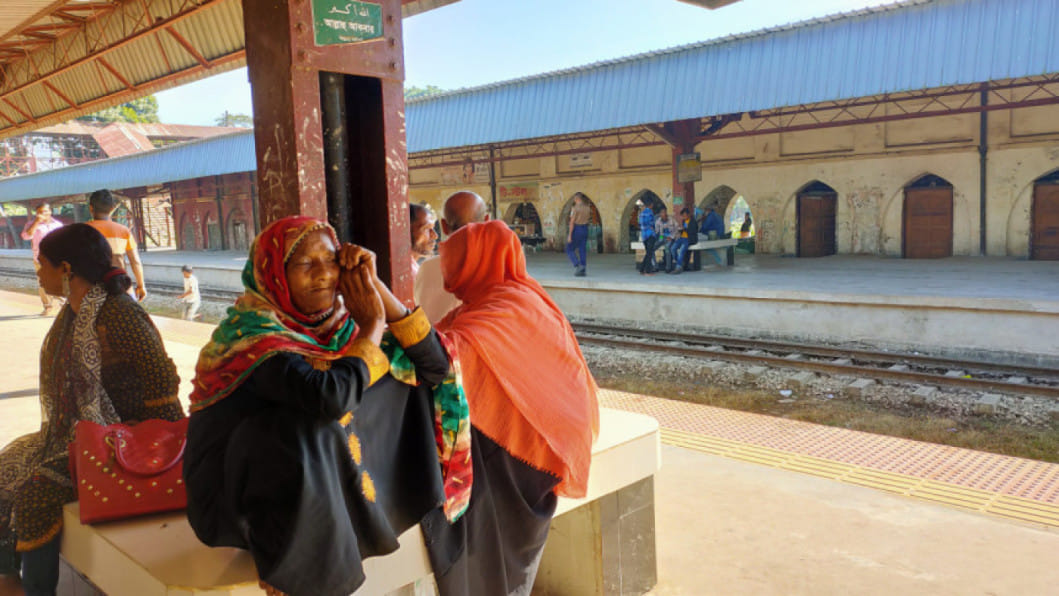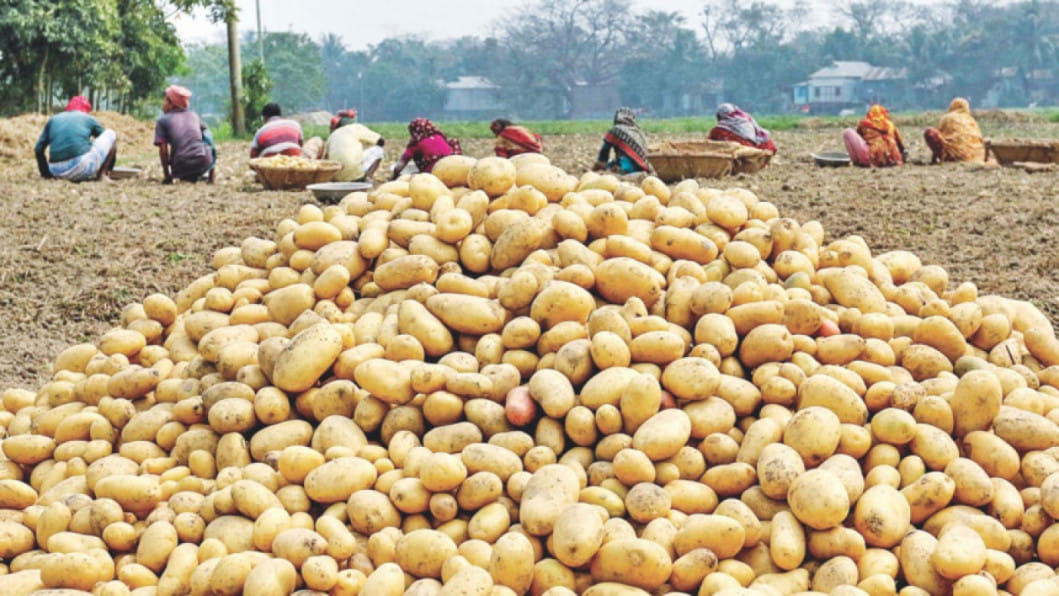5 things to know for Friday, Nov 18: Economic woes, World Cup fever and more

Good afternoon and a happy Friday to everyone.
If you are spending a leisurely weekend at home and are looking for some weekend read inspiration then head over to our Friday tech publication Toggle for stories on Bangladesh's strides in AI, career tips, and stories on female entrepreneurs, vintage cars and more.
In other news, consumers in Bangladesh were dealt a fresh blow as prices of commodities such as wheat flour, sugar and edible oil all saw a spike yesterday.
Pressure on Economy

The global economy has been in the red for a while now, thanks to the onslaught of Covid-19 pandemic and the Russia-Ukraine war. Bangladesh has been feeling the impacts of the global economic crisis as well. From fuel price hikes to increased prices of daily commodities such as edible oil, flour and sugar—regular people have been feeling the pinch of the economic troubles. Economists say the next three months are expected to be delicate for the Bangladesh economy as measures taken by the government so far to steady the ship amid the global economic tempest start to play out. Other than that, Bangladesh Bank yesterday formed a refinance scheme of Tk 5,000 crore for farmers as part of Bangladesh government's efforts to stave off food scarcity amid a looming global crisis in 2023 brought on by the Ukraine war.
FIFA World Cup

World Cup fever is at an all-time high and why not? With just two days to go fans aro,und the world, especially in Bangladesh, are doing all sorts of crazy things to show their love for the beautiful game. As the clock clicks down on the Desert Fest, head to our Qatar World Cup special site to get all the latest updates. To get you started on the current updates, here's what we have so far: Central Bank of Ecuador (CBE) minted a commemorative coin to mark their nation's participation in the World Cup in Qatar. Meanwhile Bangladesh's forever favourites: Argentina's (well actually the line is clearly divided between Brazil and Argentina) Joaquin Correa and Nicolas Gonzalez have been ruled out of the World Cup due to injuries, the Argentine Football Association (AFA) said yesterday. And Alphonso Davies is on his way to Qatar to join his Canada teammates, coach John Herdman said yesterday, but may not be fit to play in the team's opener against Belgium.
Twitter offices shuttered

Billionaire Elon Musk is not having a good day on the internet as his days at Twitter post-takeover hit another road bump. Employee departures were multiplying at Twitter on Thursday after an ultimatum from new owner Elon Musk, who demanded staff choose between being losing their jobs and being "extremely hardcore", working intense, long hours. This was soon followed by a message from Twitter which said the office buildings of Twitter will be temporarily closed, effective right away. In a message seen by the BBC, workers were told that the offices would reopen on November 21. The employees were given no reason for the closure.
BNP's Sylhet rally

Sylhet city is gearing up for BNP's mass rally set to be held at the Alia Madrasa grounds tomorrow. Thousands of activists and supporters have already reached the venue, before transport strikes kicked off in three districts of Sylhet division. So far road transport associations have called a 36-hour strike from 6:00am on Friday in Habiganj, Moulvibazar and Sunamganj districts and another 12-hour strike from 6:00am on Saturday in Sylhet. Many BNP leaders have also claimed that many of their activists and leaders are being harassed and arrested before the rally is set to kick off. According to media reports, over the last 10 days, at least 20 BNP activists were arrested in Sylhet division.
Famine risk

With worries of a tough year ahead for the country, there have been talks of a famine. But yesterday, Selim Raihan, executive director of Sanem, a research organisation said there is no chance of famine occurring in Bangladesh. "Famine is a very strong word, often creating panic. Bangladesh has passed that time. There may be temporary food shortages in remote areas or places having no links to markets. If there is any such danger, steps should be taken in advance," Raihan says adding that to make a transition from the current crisis, the marginalised population should be brought under social safety net programmes for a short term while its coverage increases.

 For all latest news, follow The Daily Star's Google News channel.
For all latest news, follow The Daily Star's Google News channel. 








Comments